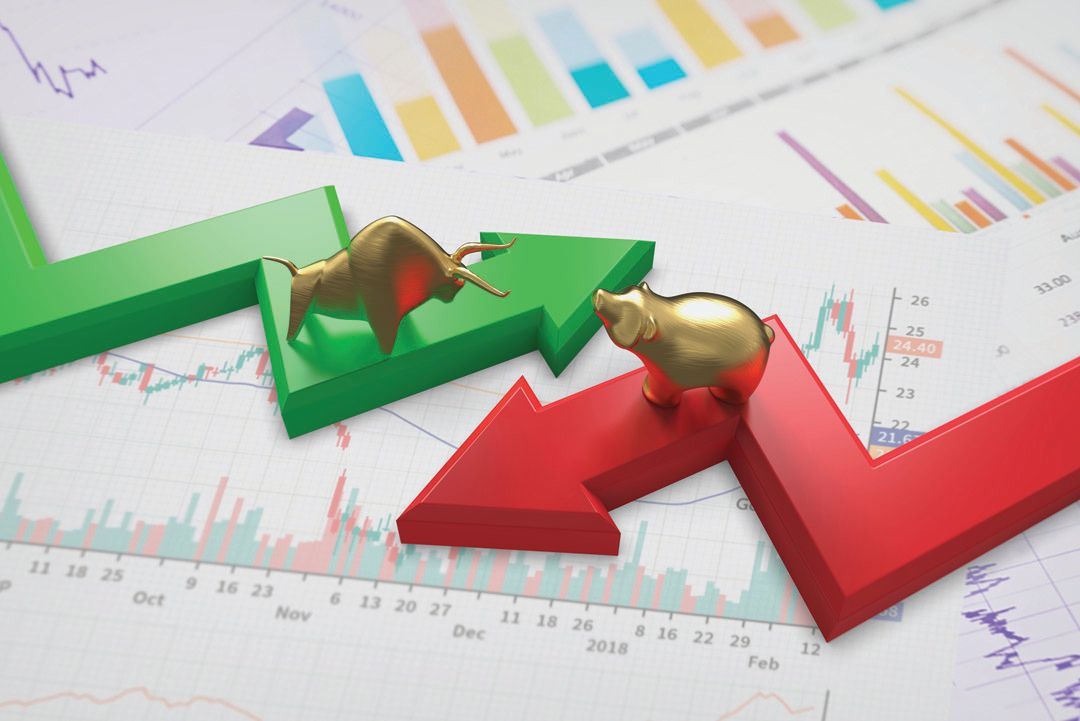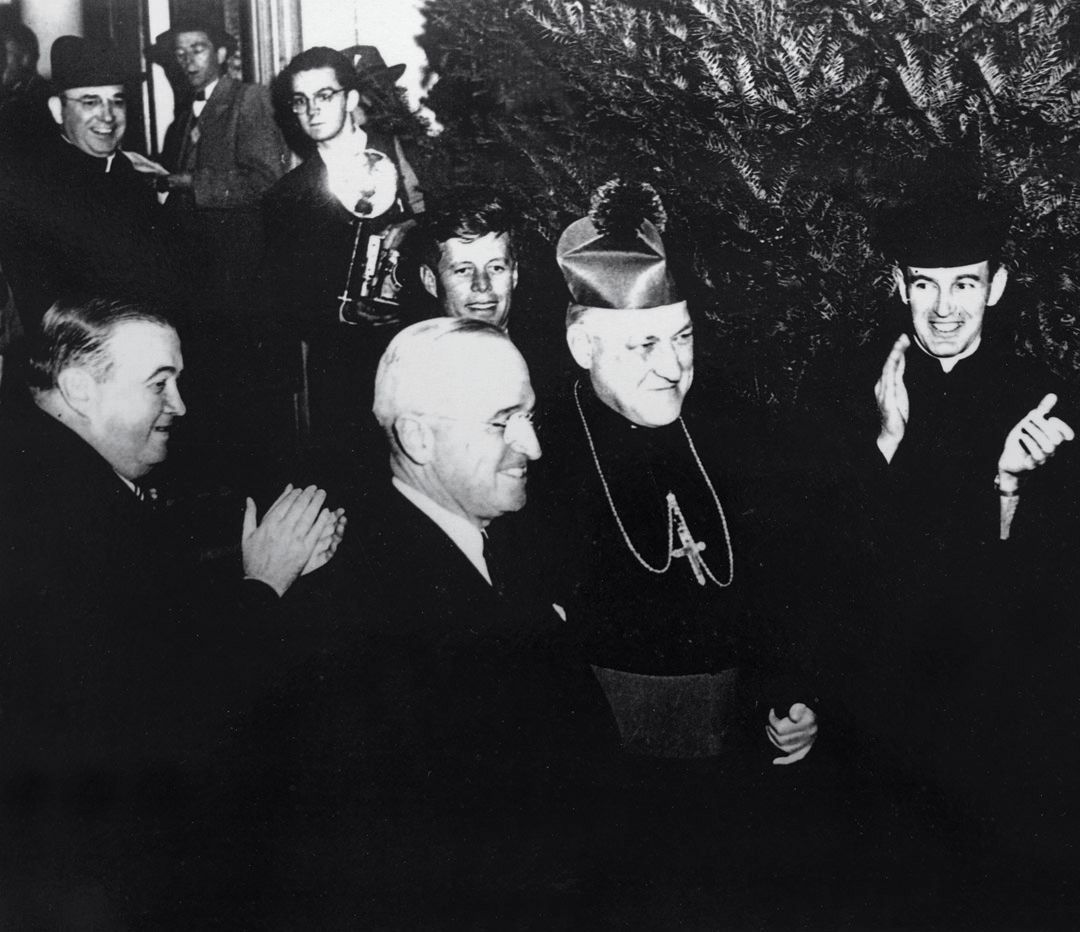Fortune Teller
Bob Reynolds' view of the markets.
Interview by Bruce A. Percelay
Photography by Kit Noble

Bob Reynolds has had an impressive career in the securities world, having been chief operating officer of Fidelity Investments and president and CEO of Putnam Investments and is currently serving as chairman and CEO of Great-West Lifeco U.S. Reynolds has steered some of the largest financial service companies in the United States through both economic booms and challenging financial periods and has a perspective on the equity world that few can rival. Reynolds sat down with N Magazine to discuss the state of the market at a time when securities valuations have reached new heights and during a period of particular uncertainty in our domestic political environment. Reynolds shared his insight with us regarding his outlook for the markets.
Pre-COVID, the stock market was at 29,000 and we’re now hovering around 40,000. Would you have ever anticipated the market would have done what it’s done over a relatively short period?
Yes, because so much money was pumped into the system. Consumers had a lot of money to spend and they spent it. Stock prices have always followed earnings and earnings have been pretty good.
Given the fact that the government stimulus has stopped, would the corollary be true that the market has peaked for the moment?
A lot is going to depend upon what’s going to happen in the election. I think if the current party stays in power, there’ll be downward pressure on the market, because you will know inflation is not going away. I don’t see anything near term that would cause you to lower interest rates. So that would hurt. However, if there was a change in administration, I think that’d be positive for the market, because a new administration will bring something different than what we’ve had.
It has to do with taxes and the Trump tax plan and different things like that; it could be very positive for the market. The first 100 days of this year was the second highest rise in the market in an election year ever. That shows you that there was a lot of cash around, and people were still spending money. Now, you do see a lot of things that are cause for concern with credit and commercial real estate. Personal credit and credit card use are going up and it’s going to put pressure on the consumer.
The wealth effect created by the stock market benefits places like Nantucket disproportionately. Would you imagine that the wealth and presumably the bonuses associated with it from investment firms would have a meaningful impact on the housing market and other aspects of the economy on Nantucket this summer?
No, because I think the current interest rate of mortgages is above 7 percent. And that’s detrimental to the housing market. And inflation will impact rentals and other spending this summer.
Do you feel then that housing prices are going to be under pressure until rates back off, if indeed they do?
It’s been on a very upward trajectory but I don’t think you can keep it there. I don’t think there’s gonna be a dramatic fall off on prices near term, but I do think if you talk to anyone in real estate, there is some softening in the market. There’s not the volume that there was certainly two years ago, and the higher interest rates are starting to have an effect on people and what they do with their money.
A lot of high-profile prognosticators like Ray Dalio, for example, and even Jamie Dimon, were predicting a recession, or in some cases, worse. It hasn’t happened. Do you think that we have escaped a serious retrenchment in the economy or is it something that is still a possibility?
It’s still to be played out. Again, people are starting to use their credit cards more and you don’t have the same amount of cash around. I think higher interest rates and inflation have made people take a wait-and-see attitude. So I think what Jamie and Ray Dalio have said is still in the cards due to the earnings of companies and the cash that people had carried us to where we are today, but I think people are holding back right now.
Do you see AI as having a profound effect on productivity and in the end, the ability of companies to reduce labor costs, and in a way that could have a material effect on the economy? Over the next 10 years?
It will definitely have a positive effect on productivity,
but it could create a lot more new jobs in different fields that we’re not thinking about today. Industries that benefit from AI are probably going to be the next big play, for instance, power companies, because you use so much more energy. There will be a whole new economy built around AI.
The stock market has its ups and downs, but usually the trends over the last decades have been excitingly positive long-term. Are you bullish on equities, given where the stock market is today?
As long as the companies can generate earnings, stock prices will follow. So I think there are companies that are well suited for the new economy, and they will do well and other companies that are not going to do well, but I think there’ll be positive areas to invest money in, that’s for sure.
What is your biggest concern?
I think the election is going to have a bigger impact than people think right now. Some people feel pretty good, but as we get closer and it becomes more clear which party can emerge victorious, I think it’s going to have a pretty dramatic impact on the market. And right now, inflation is still the boogeyman out there. And I don’t see any signs of it abating. All you have to do is go to the grocery store, go fill your car up for gas, and it’s expensive. It’s an expensive world we live in right now. And I just think, at some point, you got to pay the piper.

Latest Stories






